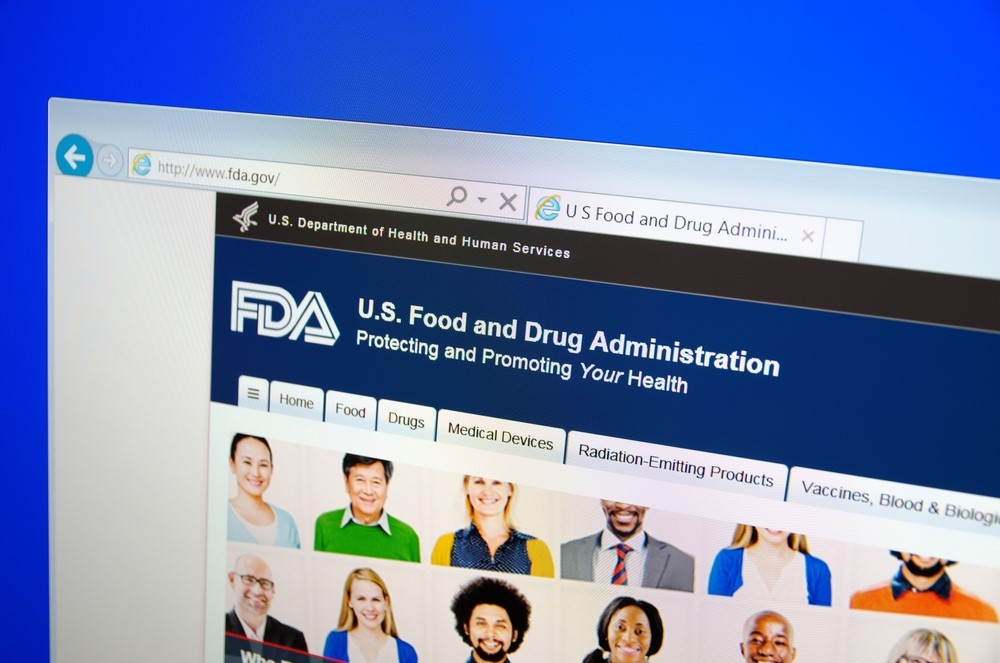Oct. 4, 2018 – According to Center for Drug Evaluation and Research (CDER) Director Dr. Janet Woodcock, the FDA’s Office of Prescription Drug Promotion’s (OPDP’s) decreased number of enforcement actions is largely due to the agency’s concerns regarding First Amendment issues that have been raised in recent court rulings.
Speaking at a Sept. 21 discussion at a meeting of the Alliance for a Stronger FDA, which advocates on behalf of FDA appropriations, Woodcock stated that the agency is wary of these First Amendment challenges and instead is focusing on promotional violations that more strictly involve health and safety issues.
APCO Worldwide Senior Director Wayne Pines – one of the Alliance’s founders and its vice president – moderated the discussion. He had asked Woodcock to talk about the low number of enforcement letters issued by OPDP this year and whether it was applying a different standard than in the past.
“This is the second time this year we have heard a senior FDA official say that First Amendment considerations are affecting how FDA perceives the regulation of prescription drug promotion,” Pines told the Coalition for Healthcare Communication. “The first was then-General Counsel Rebecca Wood, who at a February speech at [the Drug Information Association] made clear that FDA looks carefully at the public health impact of a promotional piece before deciding whether it is worthwhile initiating enforcement,” he said. “Dr. Woodcock said that indeed the criterion for enforcement is different than it used to be.”
Woodcock underscored that change in criteria at the Alliance meeting, noting that “We’re looking at these things carefully, but we really have to recognize the current jurisprudence” according to an article in The Pink Sheet Pharma Intelligence. She also stated that the FDA is not interested in weighing in on comparative claims, and instead suggested that competitors “duke it out.”
Although the annual number of OPDP enforcement letters has dwindled into the single digits in recent years (just four Untitled Letters have been issued to date in 2018), companies should not alter their own policies in reaction to these low numbers and the comments summarized here, Pines advised.
“FDA will continue to take enforcement actions when appropriate,” he said. “And others are watching promotion, including the Office of the Inspector General and the plaintiff’s bar. Plus, many companies are under Corporate Integrity Agreements, so compliance is still necessary, even if FDA takes fewer enforcement actions, as we have seen for the past two years.”
However, this shift has not yet resulted in tangible policy changes. “It will be interesting to see whether FDA formalizes its policies or sets forth new enforcement standards,” Pines commented. “This remains an evolving area of regulation.”




